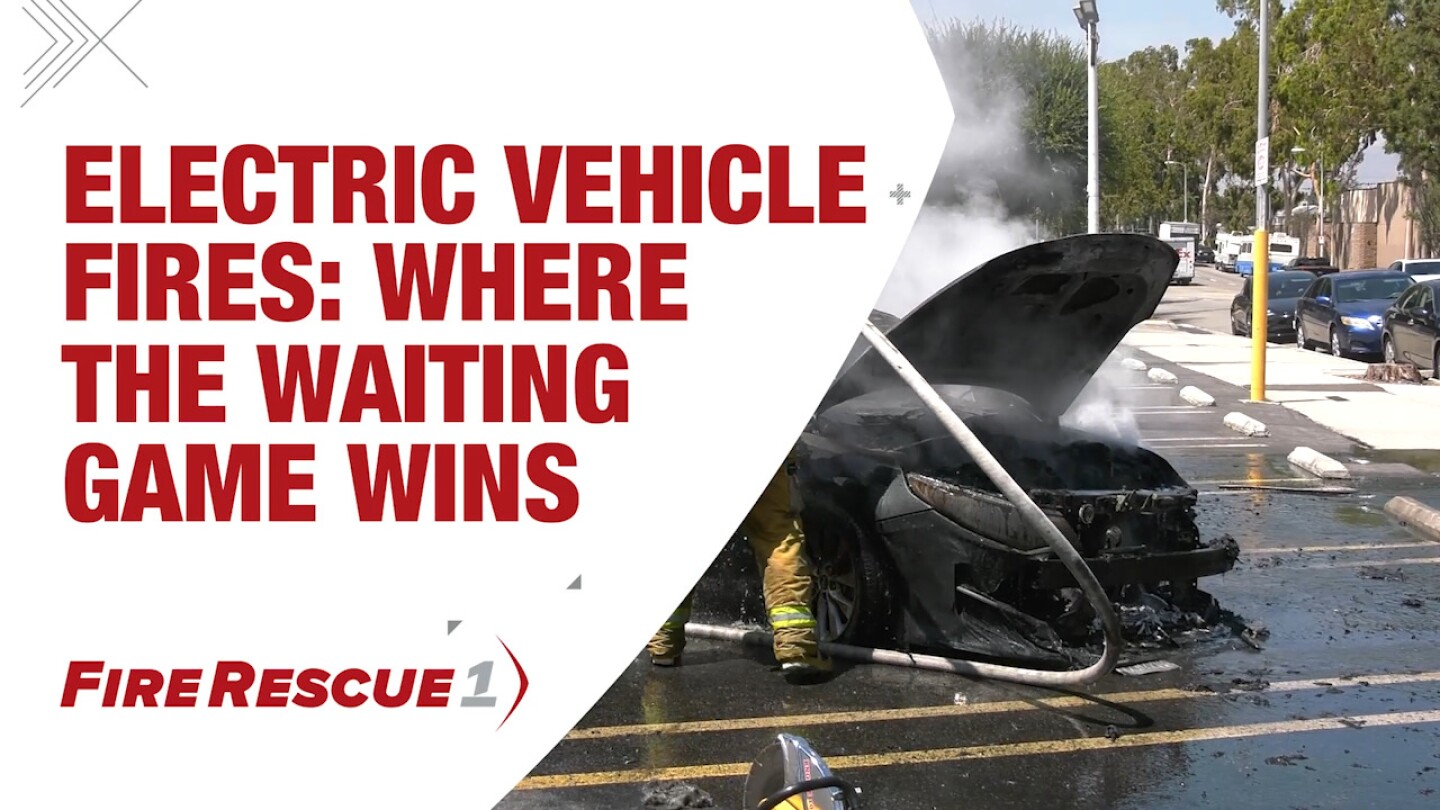Yes and no. Yes when it's rushing to a fire, but that's what the sirens are for. No the rest of the time. All I know is when the sirens are going, I don't even hear the engine noise until the truck is almost on top of me. So I don't think a quieter drivetrain will make any appreciable difference in the truck not being heard when it's on call. And then of course you have the thousands of lumens of flashing lights. Hard to miss a fire truck in a hurry to get to a fire.
On another note, as diesels go the ones on the fire trucks seem to be relatively quiet. Maybe better maintained than most government vehicles. The FDNY actually takes pride keeping their trucks clean and maintained. Can't say the same about a lot of other city agencies, although that's gotten a bit better. I remember back in the 70s/80s those old fishbowl buses had horribly loud diesel engines. A lot of it was poor maintenance. In fact, here's what they sounded like:
I'm sure some of my fellow NYer remember those.











